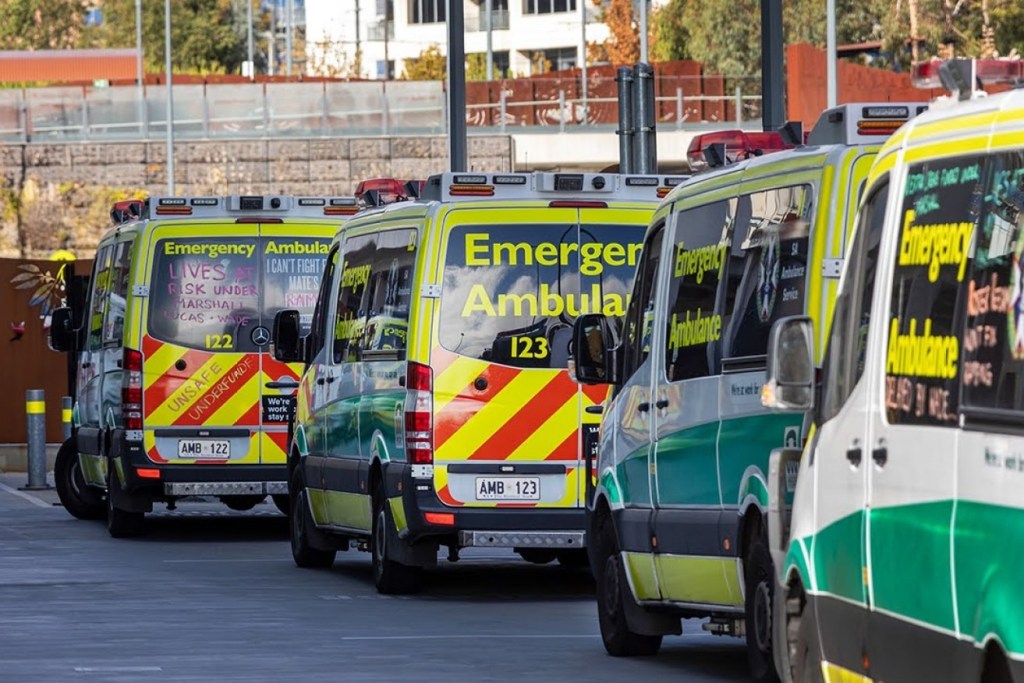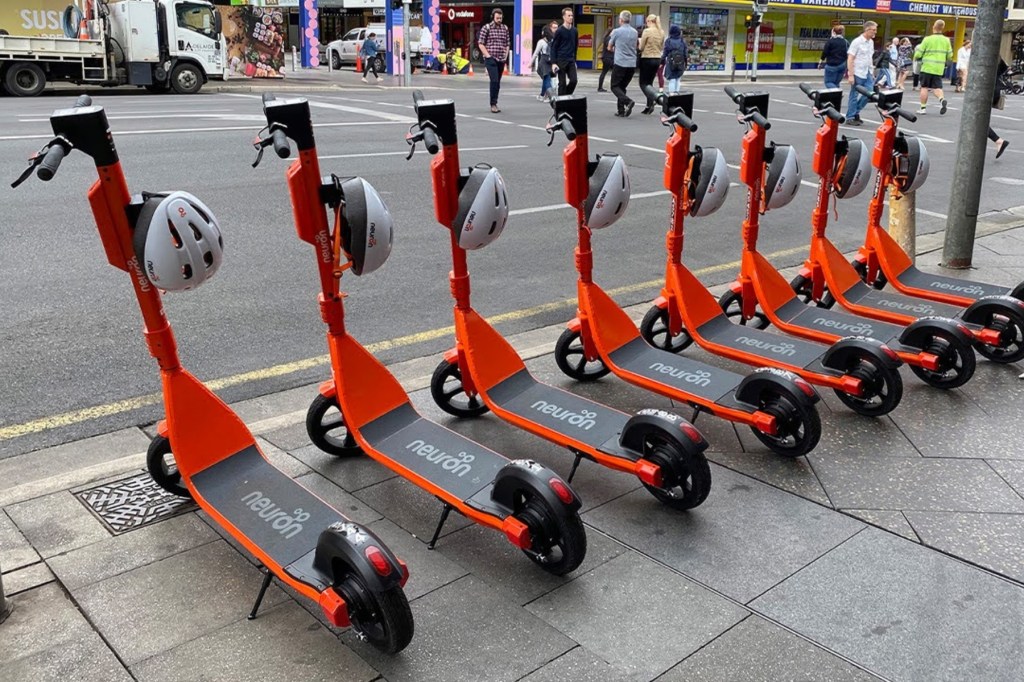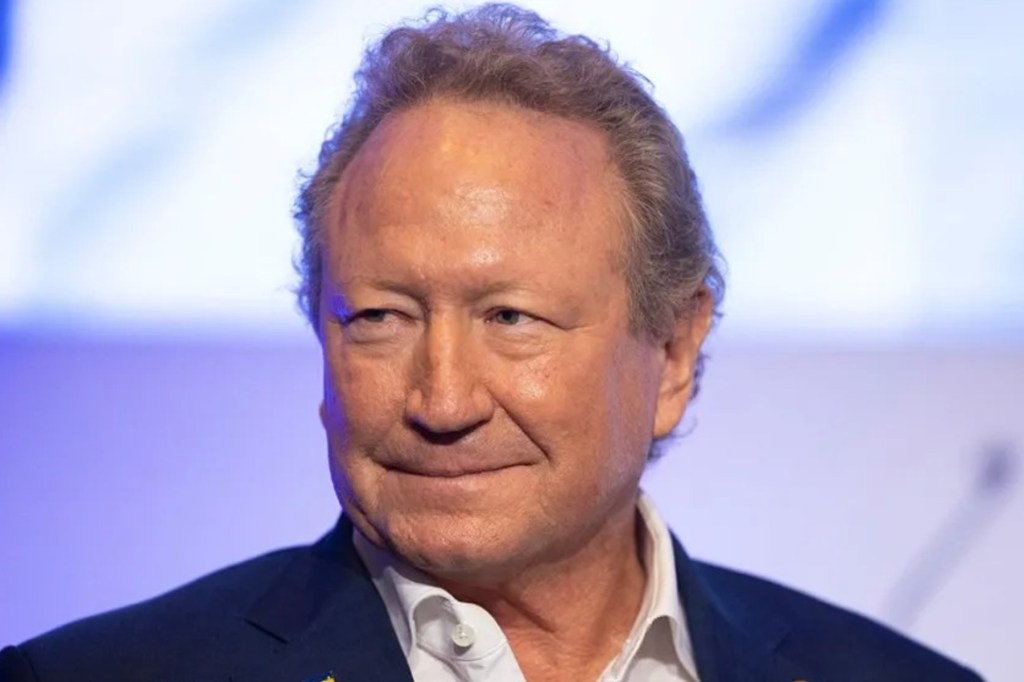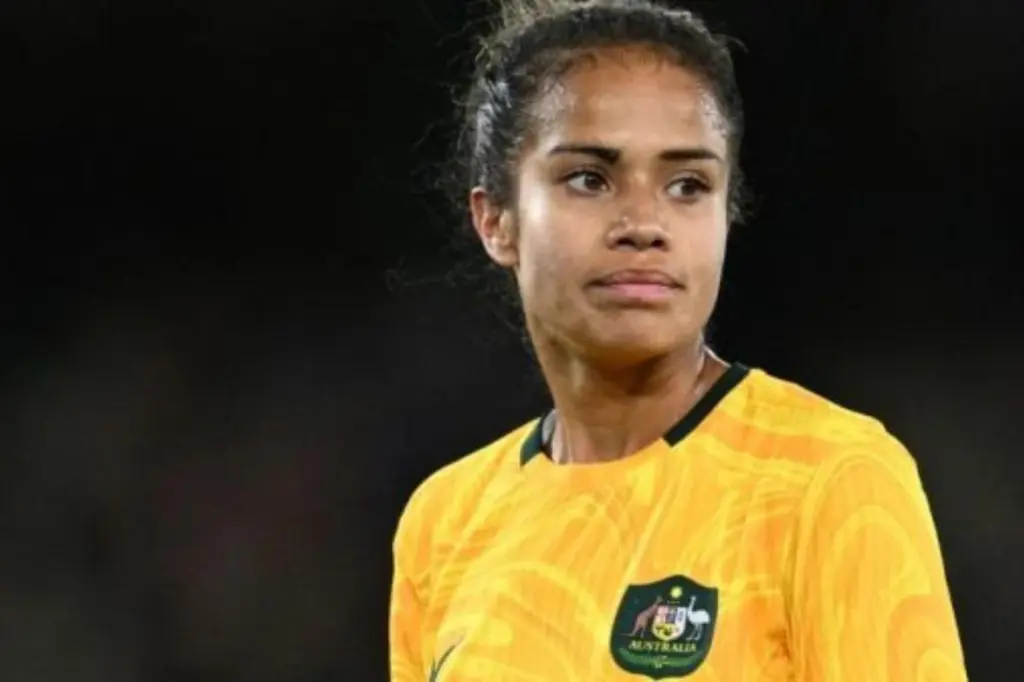Deepfakes, robocalls set to be banned from SA elections
Political party robocalls and AI-generated deepfake election ads will be banned in South Australia under a wide-ranging electoral reform bill being pushed by the Malinauskas Government.
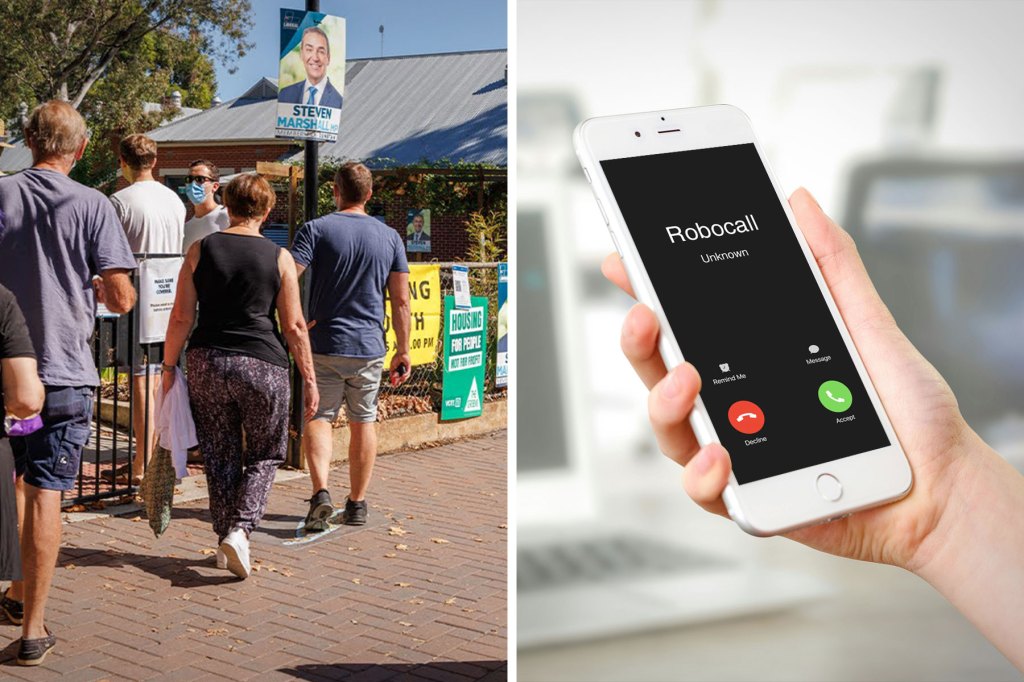
The Electoral (Miscellaneous) Amendment bill will also allow the Electoral Commissioner to count pre-poll votes on election day and ban the display of federal election corflutes, after a state-level corflute ban was passed in February.
The bill will also allow new voters to enrol up to and on voting day, with hopes this will increase enfranchisement among young people, First Nations people and citizens from culturally and linguistically diverse backgrounds.
In the Black by-election, for example, enrolments closed on October 28, nearly three weeks before polling day on November 16.
The Malinauskas Government introduced the bill in the Upper House on November 14 and hopes to get it through parliament this week, with the Greens and Liberal Party likely to support.
It comes after Labor promised to outlaw robocalls in 2019 following a Liberal Party bungle that saw hundreds of households inadvertently sent automated phone polls in the early hours of the morning.
The robocall and robopoll ban will apply to all political parties, candidates, MPs and any third parties acting on their behalf. The ban will cover unsolicited automated calls containing a pre-recorded message or automated polling.
You might like
“The purpose of this reform is to protect South Australians’ privacy from the unwanted intrusion and disruption of automated calls containing a political matter, to minimise the potential for the improper, deceitful or fraudulent use of robocalls for political purposes and to restore public confidence in the state’s democratic and political institutions,” Attorney-General Kyam Maher told parliament earlier this month.
Breaches will carry a $5000 fine for individuals and $10,000 for parties or organisations.
The same fines will apply for distributing election advertising generated by artificial intelligence containing a “depiction of a simulated person performing an act that the real person depicted in the depiction did not perform” – in other words, a deepfake.
Under the bill, the Electoral Commissioner will have the power to order a political party or individual to take down an advertisement if the commissioner is satisfied it has been generated by AI.
The Commissioner can also order the guilty party to publish a statement outlining the breach, similar to its existing powers on misleading election advertising.
An exemption to the deepfake ban applies if the person depicted in the advertisement has given written consent.
Stay informed, daily
The bill is set to be debated in the Upper House on Tuesday afternoon where the Greens will move an amendment to also lower the voting age to 16, but the government is understood to oppose this measure.
Greens MLC Robert Simms said the party would still support the overall bill but reserved its right to support other amendments.
The Liberal Party, meanwhile, also looks likely to support the reforms. Shadow Attorney-General Josh Teague said the bill “makes a number of sensible reforms to the electoral process in South Australia”.
“Many of [the reforms] have been the subject of private members bills from the Opposition, such as telephone assisted voting and the ban on corflutes for state elections, which the bill will now extend to include federal elections as well,” he said.
The federal corflute ban will prohibit their display on “road-related areas” including structures, fixtures and vegetation.
Allowing early votes to be counted on polling day could see South Australian election results called much earlier.
Early votes accounted for nearly 40 per cent of votes cast at the Black by-election but could not be counted until the Monday after polling day.
The early votes did not, however, impact the result, with Labor candidate Alex Dighton winning with 59.9 per cent of the two-party preferred vote over Liberal candidate Amanda Wilson.
Dighton will be sworn in as the new Member for Black on Wednesday.
